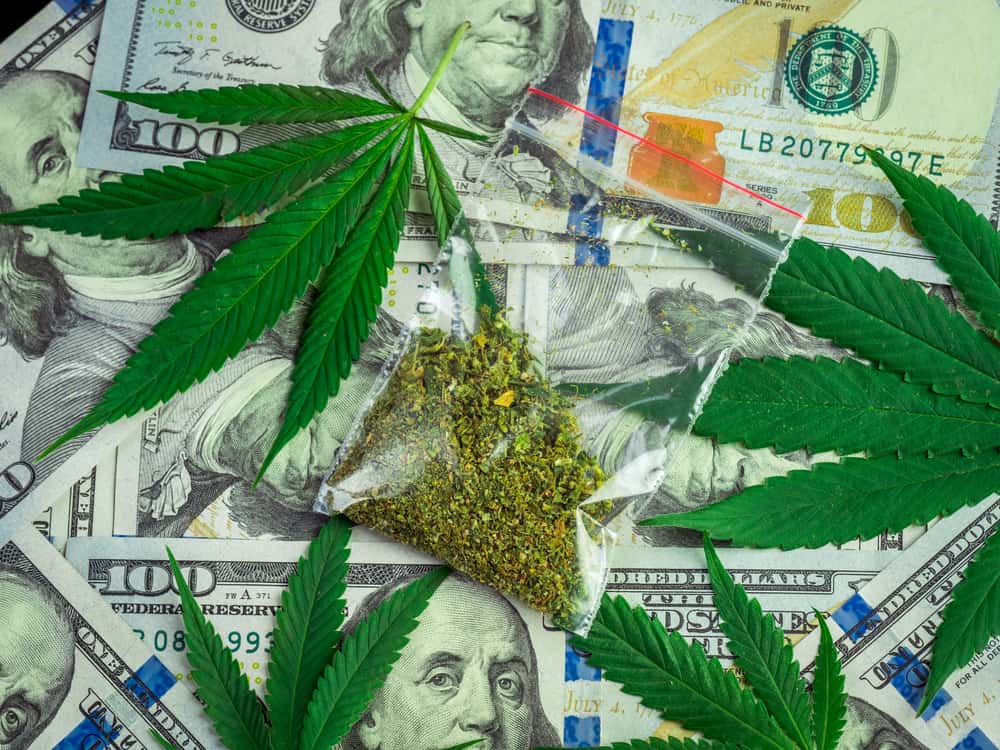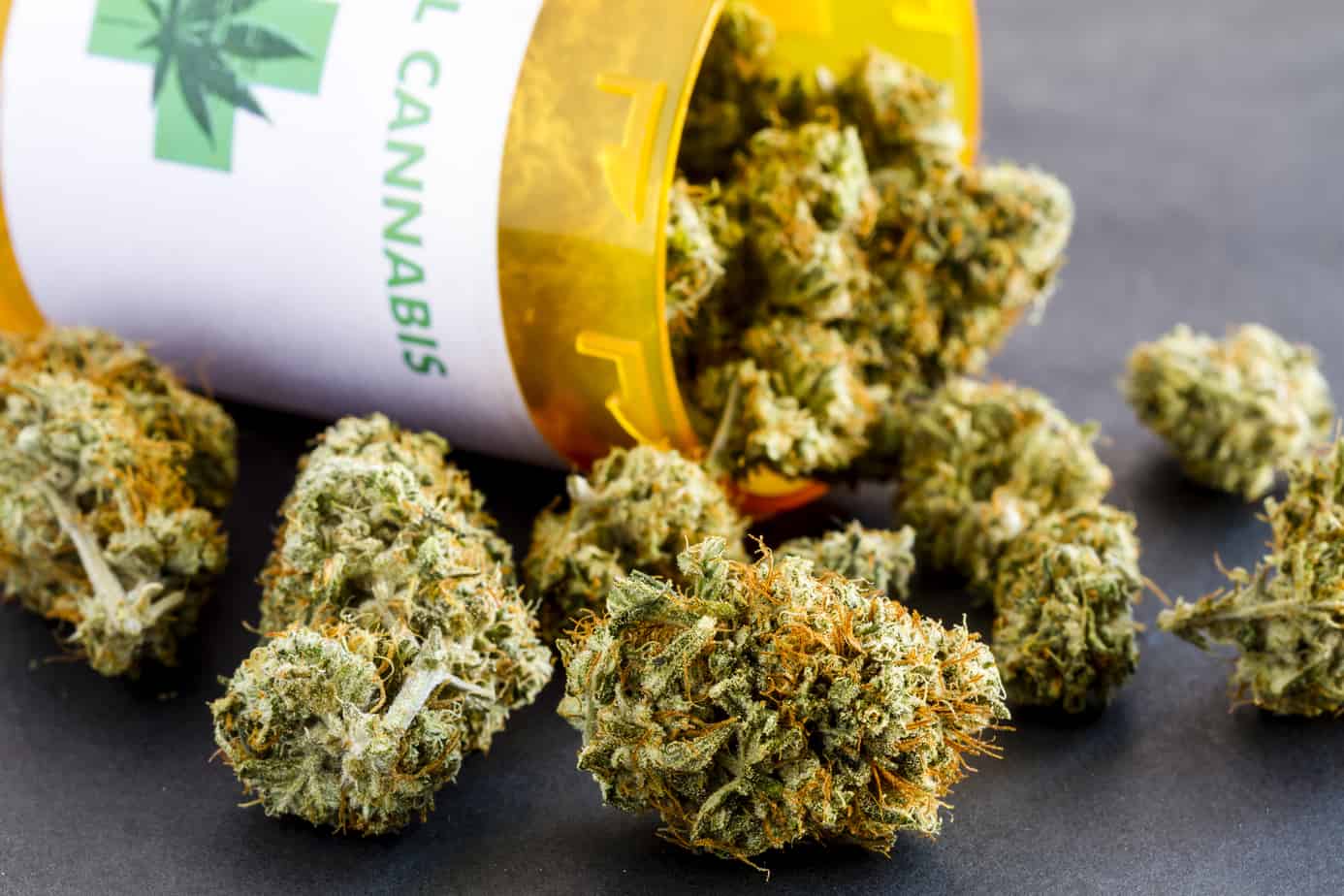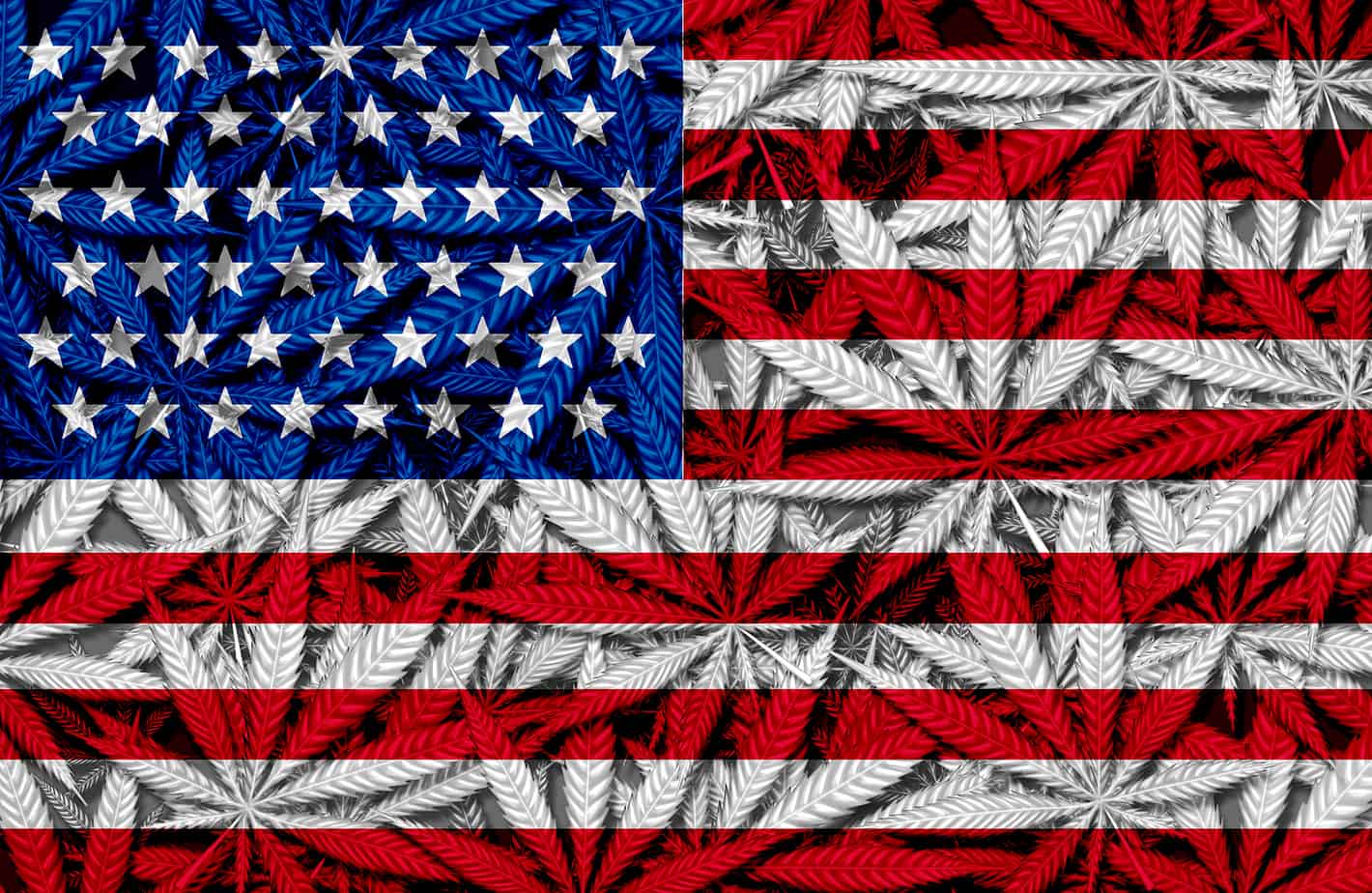- The Cannabis Administration and Opportunity Act is the new draft bill proposing the removal of marijuana from the Controlled Substances Act.
- The new regulations mean that the new federal rules will remove the current uncertainty faced by the industry.
- Federal penalties will cease, and non-violent offenders will have their criminal records removed.
- Tax rates and the deduction of expenses can be established for cannabis products.
New York Democrat Senator Chuck Schumer made the recently proposed legislation to decriminalize marijuana at the federal level. This is an ambitious bill on a controversial topic, but the Democrat-controlled House presented a similar bill in December, which failed.
With nearly 60% of Americans supporting the legalization of marijuana for medical and recreational use, it remains to be seen if the federal restrictions will finally be removed.
Different state and federal laws lead to several disruptions
Despite the legalization of the recreational use of weed in 18 states and its medical use in 37, its use is still illegal under federal law. Classified as a Schedule 1 drug under the Controlled Substances Act, cannabis possession is punishable with a minimum $1,000 fine and one year in jail.
Another area the federal restrictions cause disruption is logistics. Cannabis producers and retailers face challenges when transporting their products and with their banking and taxes, even in states where marijuana is legal.
What difference will the new draft legislation make?
The proposal in the draft bill includes removing federal penalties for cannabis. It also proposes the removal of criminal records for previous non-violent offenders charged under federal laws. Finally, it also proposes setting money aside for restorative justice programs, formally allowing states to legalize marijuana, and establishing tax rates for the products of the cannabis plant.
If the bill is passed, state governments where weed is illegal can opt to keep it like that, but in states where it is legal, it will solve problems with gaining full access to the banking system, easier transportation, and the ability to claim federal tax deductions for expenses.
One of the most important things that will happen if the bill is passed is that states where cannabis is banned would not be allowed to prevent interstate transportation of the plant and its products. Unfortunately, these states will not receive any tax revenue either, a move that might push these state governments to change their minds about legalizing marijuana.
Federal excise tax
The proposed bill empowers the Food and Drug Administration and the Alcohol and Tobacco Tax and Trade Bureau at the Treasury Department to start regulating cannabis, including its production, distribution, and sale.
They foresee the gradual institution of a federal excise tax, like the one on tobacco products and alcohol. The tax is likely to reach 25%, revenue that will be used as an outreach to communities most affected by the federal drug policy. This is a substantial income, considering the $20 billion earned by the industry in 2020. In addition, medical research into cannabis is still very restricted because of the federal laws, and the proceeds from taxing it would help this area too.
Years of aggressive policing mean that a lot of people have unfair criminal records because of arrests and convictions. Many people have also been discriminated against because of their cannabis uses, without any opportunities to access federal housing and other benefits like health and food. Besides compensating people in these areas, the federal government could also provide a cannabis justice office to help incarcerated individuals receive legal aid, job training, and a smooth transition into society.
Final take
Taking the bill through the Senate is not going to be easy since opposition to it is not only limited to the Republicans. Senator Schumer knows that he also doesn’t have the full support of his caucus. Senator Jeanne Shaheen of New Hampshire recently told the press: “There is still not enough data on marijuana use, and whether that is a gateway drug, in my mind to be able to decide to legalize it. Our state faces a significant substance use disorder problem.”



